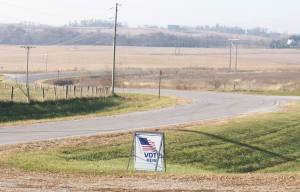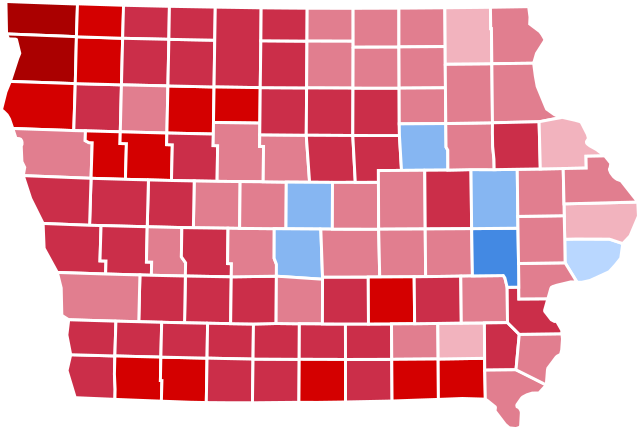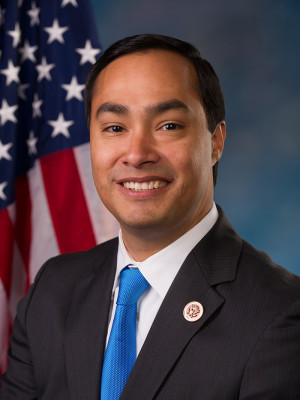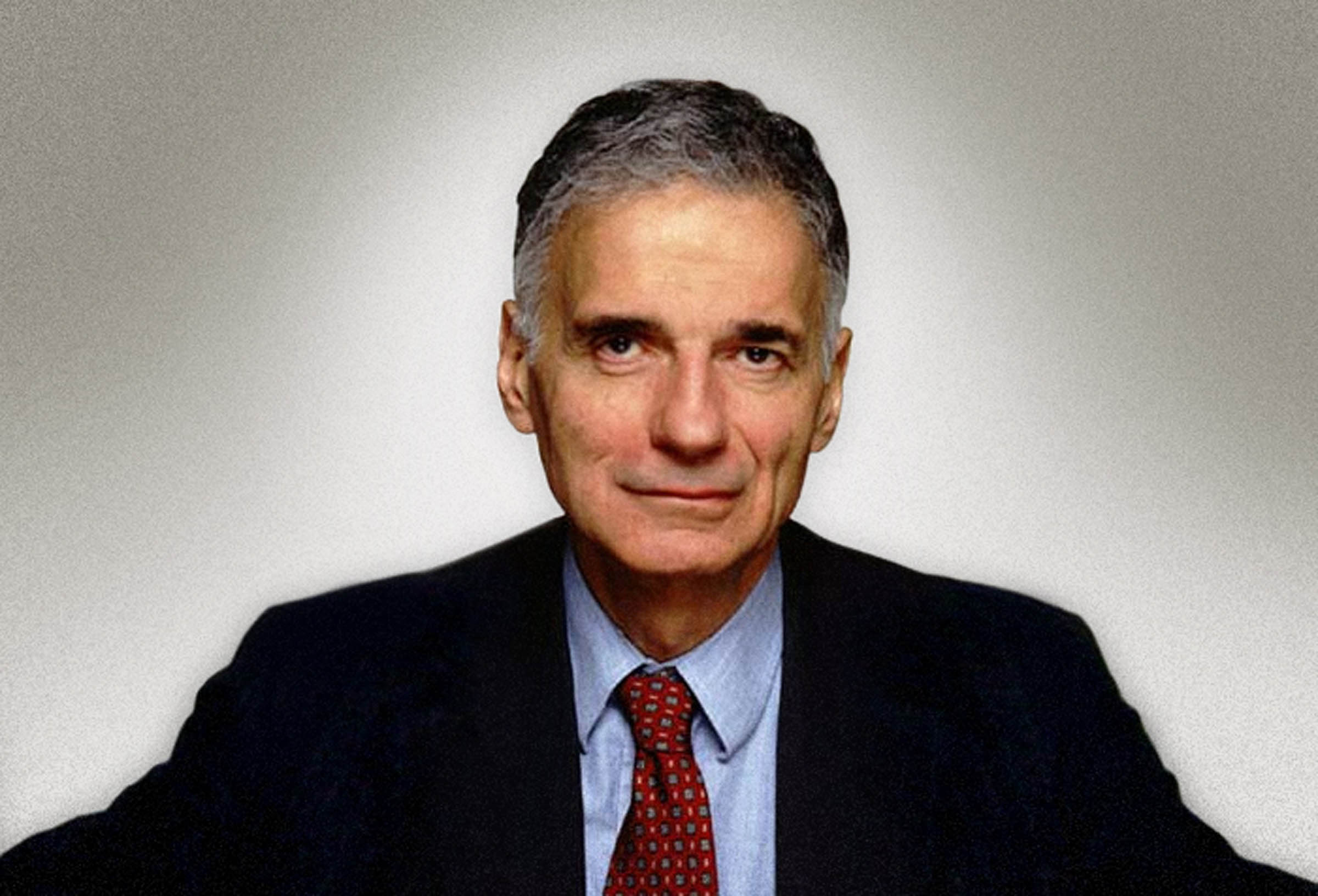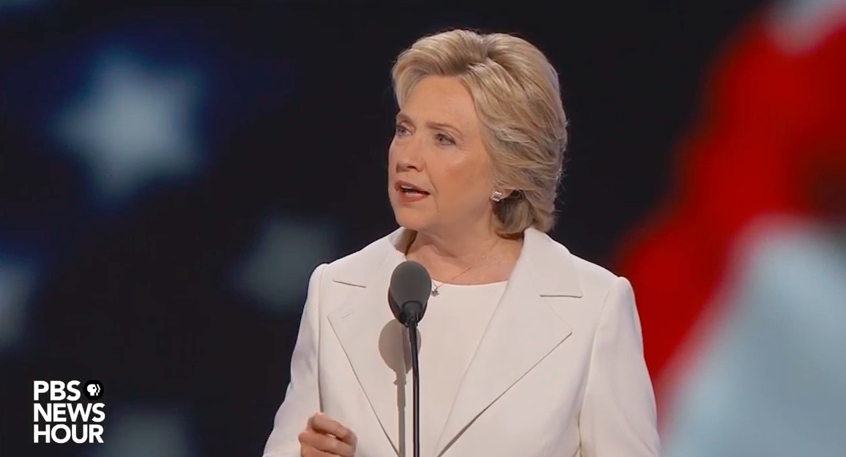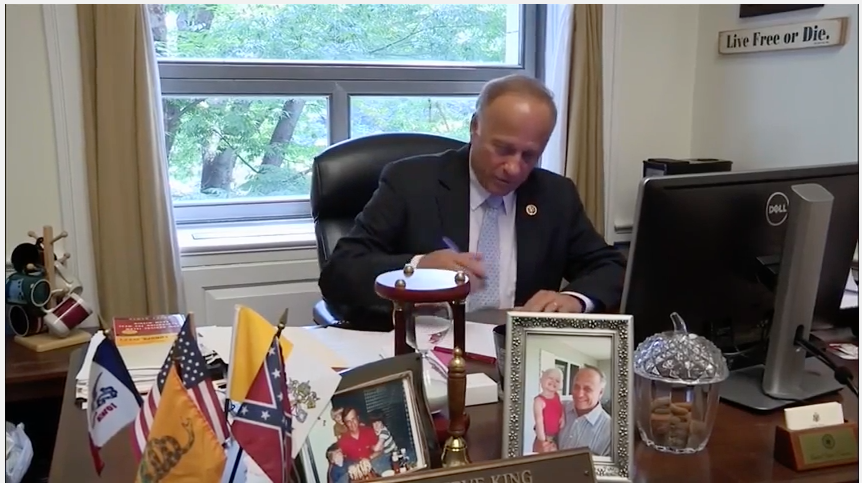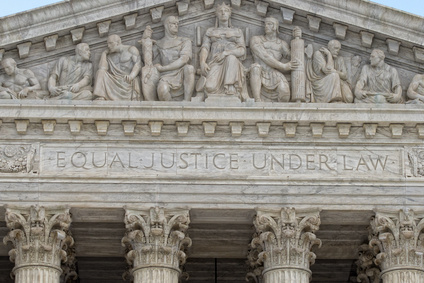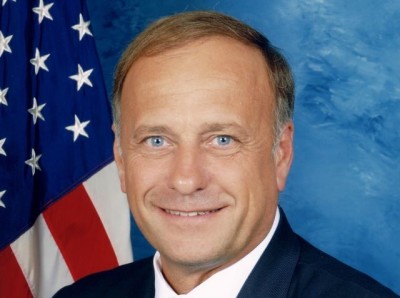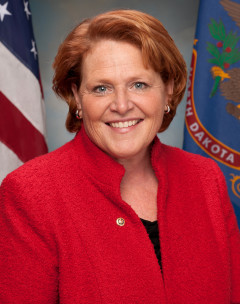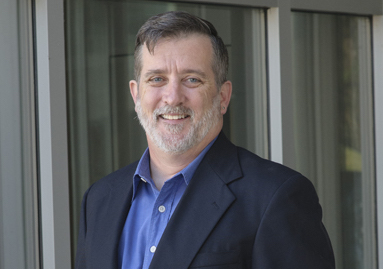Many Bleeding Heartland readers spent a large part of their weekend at Hy-Vee Hall in Des Moines, where the Iowa Democratic Party held its Hall of Fame event on Friday and its state convention on Saturday. Although delegates were given electronic devices to speed the voting along, convention business dragged on past midnight. UPDATE: I am told the convention adjourned at 2:16 am.
In an organizing triumph, supporters of Hillary Clinton filled all of their delegate slots, while only about 85 percent of the Bernie Sanders delegates turned up. But only about ten delegates chosen as Sanders supporters switched their allegiance to Clinton yesterday, even after a second realignment. According to John Deeth, more than 70 additional people would have had to switch to give Clinton an extra Democratic National Convention delegate from Iowa. So thanks to the Sanders delegates’ loyalty, Clinton received the expected number of 23 national delegates, Sanders 21. Adding Iowa’s superdelegates to the mix, Clinton ends up with 29 DNC delegates to 21 for Sanders. The 51st Iowa DNC delegate is State Party Chair Andy McGuire, who will surely support Clinton in Philadelphia but is still maintaining a neutral stance.
Most of Iowa’s DNC delegates were chosen at last month’s district conventions. Electing the last few national delegates took hours yesterday, because votes in the Clinton and Sanders preference groups were split almost evenly among the many candidates who wanted to go to Philadelphia. Drake student and I-35 School Board member Josh Hughes won one of the male Clinton delegate slots, capping off a big month for the winner of Bleeding Heartland’s primary election prediction contest. I learned on Friday that Josh will be managing Andrea Phillips’ campaign in Iowa House district 37. Phillips is the Democratic challenger to John Landon in this seat covering parts of Ankeny and Alleman in northeast Polk County.
State convention delegates re-elected Scott Brennan and Sandy Opstvedt to the Democratic National Committee yesterday. In their speeches to the delegates, Brennan and Opstvedt emphasized their work to keep Iowa first in the nominating process. We’ll need all the help we can get next year, as there may be a strong push within the DNC to start the nominating process in states with more racial diversity than Iowa or New Hampshire, and to ban caucuses for the purposes of presidential selection.
Hundreds of delegates left before the final platform debates. (Tedious discussions over minor punctuation issues and whether to replace “people” with “human beings” had already taken up too much time during the afternoon session.) The Iowa Democratic Party state platform officially opposes superdelegates–not that DNC members will care what state platforms have to say on the matter. Language backing a “livable minimum wage” was changed to support a $15 per hour minimum wage. When the crowd had thinned out considerably, -delegates approved a plank to legalize all drugs.- CORRECTION: The legalization plank was included in the draft platform distributed to delegates before the convention. According to Jon Neiderbach, the late-night votes rejected two minority reports: one would have substituted “decriminalization” for legalization, the other would have kept the party platform silent on the issue. The legalization plank will probably become fodder for Republican campaign ads, even though I’m not aware of any Iowa Democratic candidates who hold this position. Pat Rynard commented, “doing stuff like this is the fastest way for Bernie people to get marginalized in the party.”
UPDATE: Some have suggested the platform debate should have been shut off for lack of a quorum, given how many delegates left by midnight. But my understanding is that doing so would have left the drug legalization language from the draft platform intact. CLARIFICATION: Delegates had already approved the vast majority of the platform, containing non-controversial provisions, during the afternoon. So if quorum had been called late in the evening, the controversial planks including the one calling for drug legalization would have remained the recommendations of the platform committee but would not have been officially approved by the party.
SECOND UPDATE: Added below the Iowa Democratic Party’s official statement on the convention results, which includes the full list of DNC delegates. One of the national delegates for Sanders, Brent Oleson, was a Republican until less than a year ago.
Earlier in the day, Rynard covered the State Central Committee elections, which happened on Saturday morning. The committee will be almost evenly split between Clinton and Sanders supporters, though the last committee member (chosen on Saturday evening) may give Clinton backers a slight edge.
This is an open thread: all topics welcome. This past week I read many heartbreaking accounts of people who died in last weekend’s massacre at a gay club in Orlando. One of the most disturbing articles about the tragedy: mass murderer Omar Mateen was checking social media for reports on his killing spree while the crime was in progress. Last year Mark Follman published a must-read piece at Mother Jones about “How the Media Inspires Mass Shooters.” I enclose below six recommendations for media reporting on mass shootings, “based on interviews with and research from threat assessment experts concerned about this issue.” Another good read on the subject by Follman is “Inside the Race to Stop the Next Mass Shooter.”
Continue Reading...



